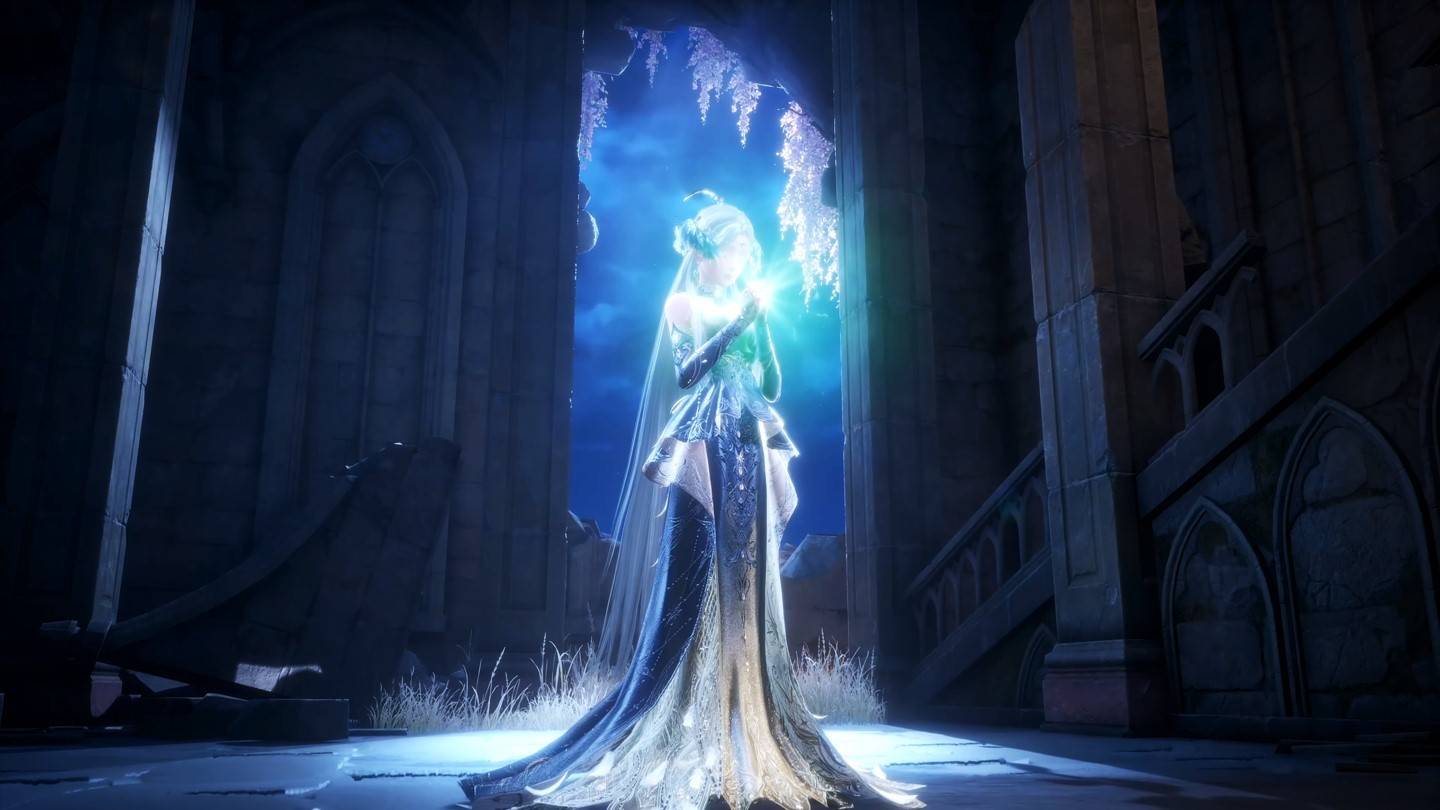10 Ways Assassin's Creed Reimagined History

Rewriting History Through the Animus
Ubisoft breathes new life into the Animus simulation with Assassin's Creed Shadows, transporting players to Japan's turbulent Sengoku period. The game intertwines historical icons like Fujibayashi Nagato, Akechi Mitsuhide, and the legendary African samurai Yasuke within its fictional narrative framework. True to series tradition, these figures become players in a grand tapestry weaving factual events with creative storytelling - where Yasuke might hypothetically need to eliminate enemies to unlock premium weapons.
Facts Become Fluid in Assassin's Creed
The franchise thrives on blending meticulous historical research with complete fiction. While Ubisoft's recreations showcase impressive attention to period detail, they're ultimately playgrounds where history bends to serve compelling gameplay and conspiracy-driven narratives about precursor civilizations and secret societies.
Ten Notable Historical Liberties
The Assassin-Templar Conflict

The foundational Assassin-Templar rivalry lacks historical basis. While both the Hashashin and Templar orders existed contemporaneously during the Crusades, their mutual opposition beyond standard regional conflicts is pure fabrication. Their organizational timelines barely overlap, with the Templar order dissolving centuries before the Assassin legend fully developed.
The Borgia Dynasty's Supernatural Reign

The infamous Borgias serve as perfect antagonists, but Assassin's Creed amplifies their corruption exponentially. While Rodrigo Borgia did leverage his papacy for political gain, there's no evidence he commanded Templar forces or pursued religious artifacts granting supernatural mind-control powers. Cesare Borgia's portrayal as a power-mad monster similarly stretches historical accounts.
Machiavelli's Mischaracterized Allegiances

Presenting Machiavelli as an Assassin operative fundamentally contradicts his political philosophies praising centralized authority. Historical records indicate he actually admired Cesare Borgia's leadership style, making his Brotherhood affiliation particularly implausible.
Da Vinci's Fictional Travels and Inventions

While da Vinci's brilliant mechanical designs inspired many gameplay devices, historians confirm none flew nor functioned as weapons during his lifetime. The games also relocate the polymath geographically to maintain Ezio's companionship throughout key locations.
The Blood-Soaked Boston Tea Party

The real December 1773 protest involved precisely zero casualties - protestors carefully avoided violence while destroying tea cargoes. Assassin's Creed 3 transforms this civil disobedience into a brutal massacre with dozens of British soldiers slain.
Connor's Historically Improbable Allegiance

Mohawk tribes overwhelmingly supported British forces against colonial rebels, making protagonist Connor's Revolutionary alignment statistically improbable. Historical records show only one documented Mohawk served in Continental forces - Louis Cook - making Connor's position largely unprecedented.
Revolution Through Templar Conspiracy

Attributing France's revolutionary turmoil solely to Templar scheming dramatically oversimplifies complex socioeconomic factors including crop failures, taxation inequities, and aristocratic decadence that genuinely fueled popular uprising.
The King's Controversial Execution

Unity portrays Louis XVI's execution decision as narrowly decided, when historical records show clear majority support (394-321) for regicide following his attempted escape and treason charges.
Jack the Ripper's Assassin Origins

Transforming one of history's most infamous serial killers into a rogue Assassin represents perhaps Ubisoft's most sensational reinvention. While Jack's true identity remains unknown, connecting him to Frye's Brotherhood constitutes pure creative license.
Caesar's Ideological Flip

Origins curiously inverts Caesar's populist reputation, portraying him as aristocratic oppressor when historical accounts confirm he championed land redistribution and plebeian rights - reforms that actually motivated his assassination by elite conservatives.
The Assassin's Creed series remains unparalleled in its fusion of historical environments with speculative fiction. Ubisoft's developers painstakingly research eras, then gleefully rewrite them to serve compelling interactive experiences. In the comments, share your favorite examples of the franchise's historical reinventions.
Latest Articles






























